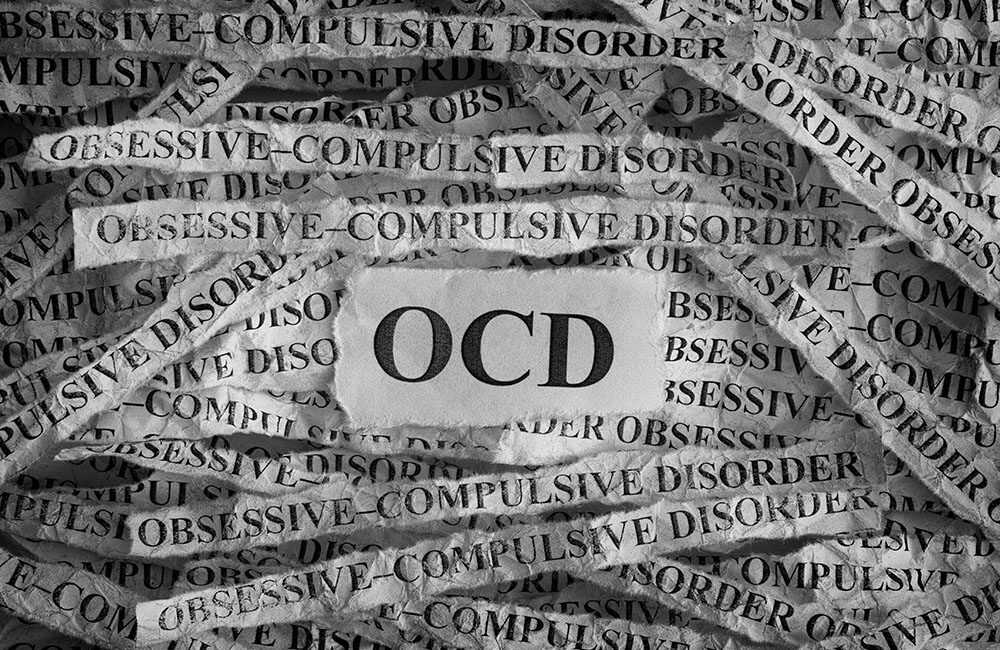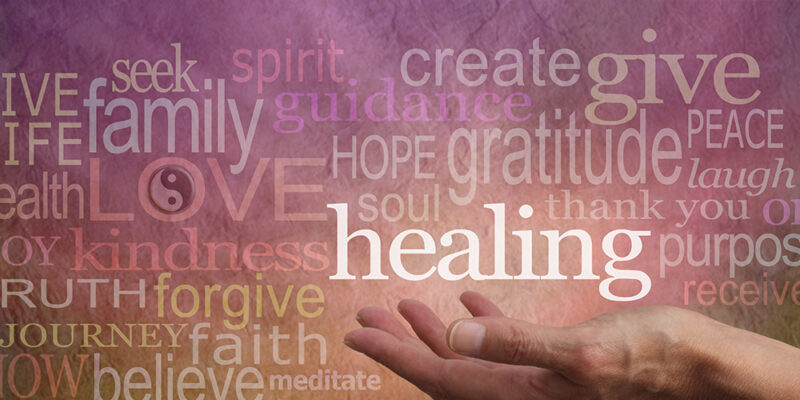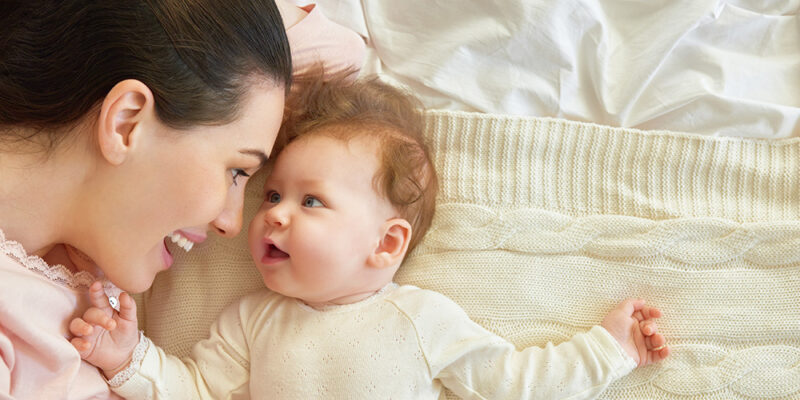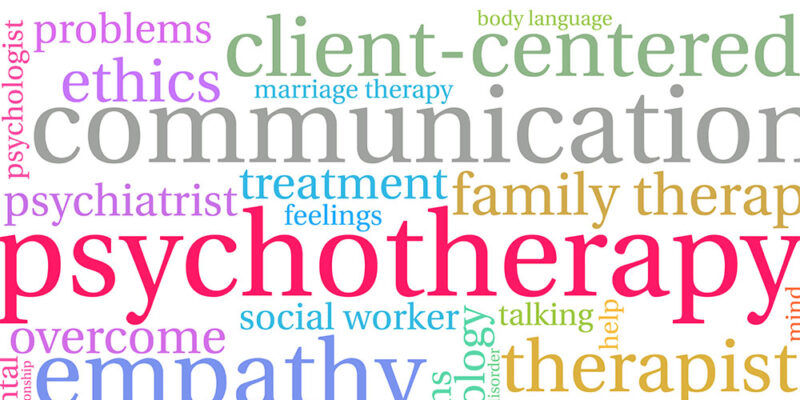Obsessive Compulsive Disorder (OCD)
Obsessions can be triggered by birth, and can be treated. If you are suffering from obsessions contact Nitza today to get the right help.
Obsessions after birth usually manifests itself as obsessive-compulsive disorder (OCD).
Sufferers are troubled by intrusive, sometimes scary thoughts, obsessions, and carrying out rituals over and over again in order to expel the thoughts. The annoying and sometimes frightening thoughts are the obsessive component of the compulsive obsession, and the repetitive rituals that follow the thoughts are the compulsive element. For example, a person who constantly has thoughts that their hands are filthy and full of germs is suffering from an obsession. The thought bothers him so much that he will try to rid himself of these thoughts by compulsively washing his hands and cleaning them again and again. The repetitive act soothes his fear of bacteria on his hands. Compulsivity can also refer to and affect thoughts. For example, a person may think that something scary is going to happen and he/she has to repeat a specific sentence seven times, and in the right order, otherwise he thinks disaster will strike.
After birth the thoughts often relate to harming the baby. These thoughts differ from thoughts that one might have if suffering psychosis in that they disgust and frighten the woman. She knows that these thoughts are repulsive and does not want to carry them out. This is in contrast to someone who has psychosis who does not feel that these thoughts are repulsive. There is treatment for both. In Postpartum Psychosis others will notice that she is thinking in a bizarre fashion and need to intervene on her behalf as her situation may become dangerous and she needs immediate intervention. However, in Postpartum Obsessive Compulsive Disorder a woman may be embarrassed to share them for fear that she is the only one who has such thoughts and that maybe her baby will be taken away from her. On the contrary, if she shares it, she will be able to get the expert treatment necessary and feel better soon.
Those who seek treatment often say that they are exhausted from all the thinking, that they have no rest and that their head can never ‘switch off’. They also report that the annoying thoughts are intrusive, and lead to anxiety and depression. The sufferers are aware of the lack of logic in thoughts or actions, and don’t really believe in the superstitions that pervade their thinking but cannot help themselves.
Common obsessions: harm will come to their baby or someone else they love or that they will harm their baby, germs, aggression, symmetry and accuracy.
Common rituals: checking on the baby’s breathing constantly, cleaning, washing and repeatedly checking things.
Treatment:
Currently most psychiatrists and psychologists believe that effective treatments includes taking medication while simultaneously receiving Cognitive Behavioral Therapy (CBT).
The combination of pharmacological and Cognitive Behavioral Therapy eases the symptoms immeasurably.
To seek treatment contact Nitza or call 02 500-4523.
 ניצה
ניצה






